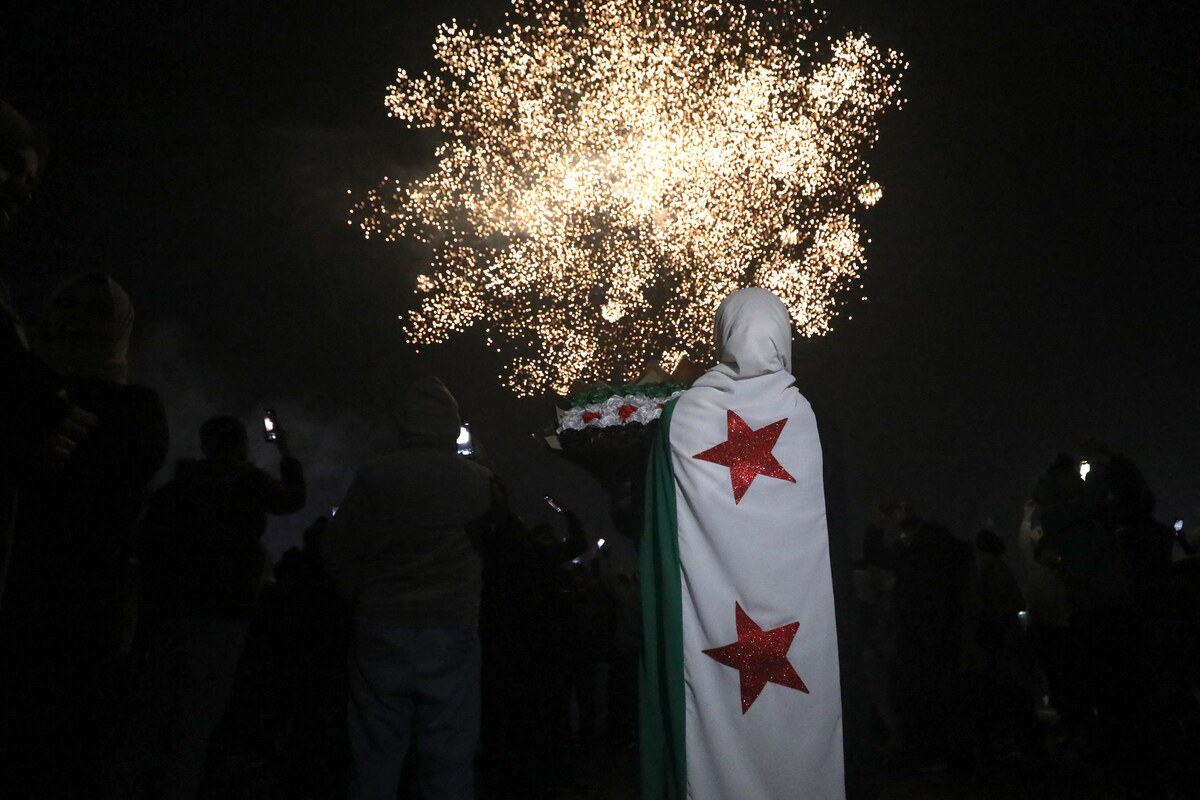RIYADH: Energy price rises led Egypt’s September inflation rate to reach 26 percent, although it is a significant reduction from the 40.3 percent recorded in the same month of 2023.
According to the nation’s Central Agency for Public Mobilization and Statistics, Egypt’s general consumer price index reached 236.5 points, a 2.3 percent increase from August.
Electricity, gas, and other fuels saw a substantial increase of 14.9 percent, adding further pressure on household expenses.
Other contributors to the inflationary pressure included a 0.7 percent rise in cereals and bread and similar surges in meat and poultry.
The prices of fish and seafood increased by 1.7 percent, while dairy products, cheese, and eggs saw a 2.8 percent rise.
The vegetable category recorded a significant jump of 12.4 percent, and the cost of fruits rose by 1.7 percent.
Sugar and sugary foods edged up by 0.2 percent, and coffee, tea, and cocoa prices grew 0.9 percent.
Other categories also saw increases, including fabrics, up 1.1 percent, ready-made garments by 0.8 percent, and footwear by 0.3 percent.
The prices for actual housing rent increased by 0.9 percent, while furniture and furnishings rose by 0.8 percent.
Home maintenance goods and services grew by 1.4 percent, and household appliances by 1.5 percent.
Medical products and equipment registered a 3 percent increase, while hospital services rose 1.3 percent.
Transportation costs, including private carrier expenses, increased by 1 percent, with vehicle purchases up by 2.3 percent.
Despite these rises, some areas saw a decline, with hotel service prices falling by 0.1 percent.
However, this decrease was not enough to counterbalance the broader upward trend in other sectors.
Egypt has tightened its monetary policy as part of an $8 billion financial support package from the International Monetary Fund signed in March.
The program requires the country to implement various economic adjustments, including raising domestic prices and allowing the currency to depreciate.
In line with these measures, the Central Bank of Egypt raised interest rates by 600 basis points on March 6, bringing total rate hikes for 2024 to 800 basis points.
To address a budget deficit that reached 505 billion Egyptian pounds ($10.27 billion) in a 3.016 trillion pound budget for the fiscal year ending June 30, the government also increased the prices of certain subsidized goods.
On June 1, the price of subsidized bread was increased by 300 percent, while on July 25, fuel prices rose by up to 15 percent.
The country’s food subsidy spending grew to 133 billion Egyptian pounds in the 2023/24 financial year, reflecting a 10 percent increase compared to the previous year.





























